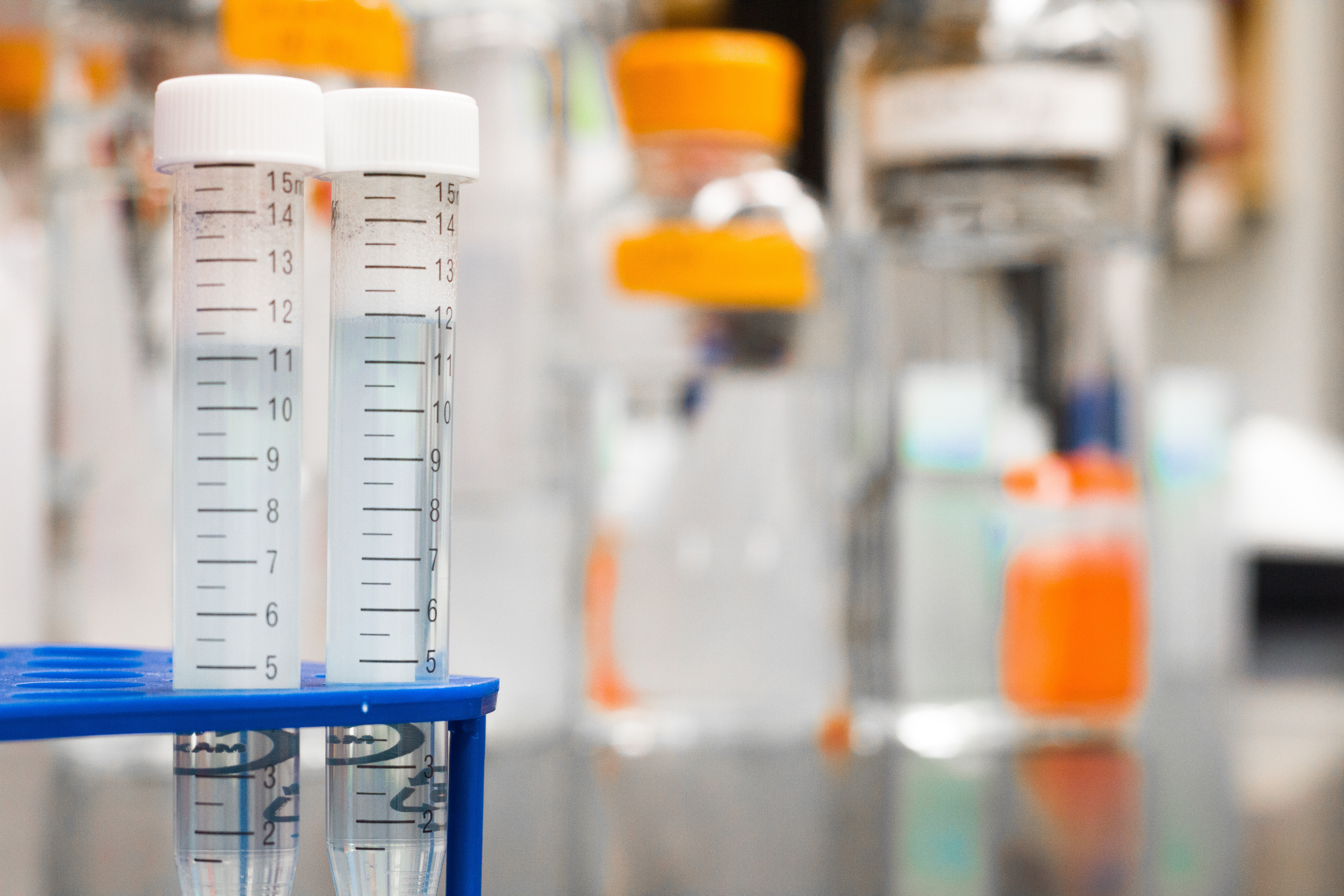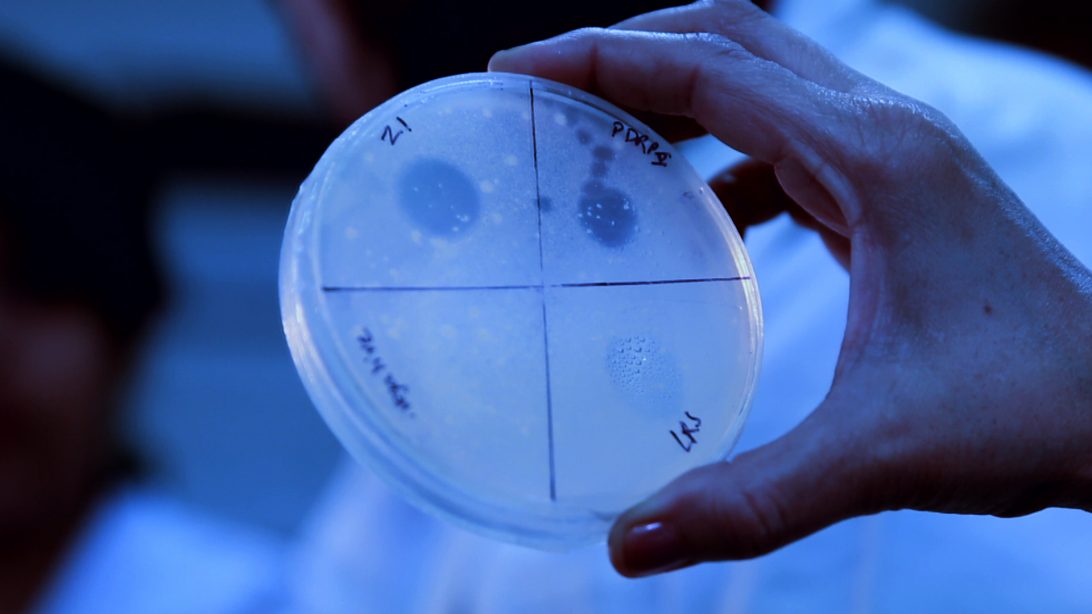Guest post by Fiona MacRae, Tech, Science and Health Writer
Mary Millard was a fit and healthy 55-year-old who loved running with her dog and playing volleyball, when she had an operation for a genetic heart condition.
One Sunday morning, a month later, when she was almost ready to be discharged, her husband arrived to find her sitting in a chair unable to hold her head up and talking nonsense.
The hospital ran test after test, believing her to have had a stroke until, six hours later, one suggested Mary had sepsis, a potentially fatal condition often caused by a bacterial infection.
It was sepsis, sepsis as a result of an infection by a strain of the bacteria Pseudomonas aeruginosa that is resistant to multiple antibiotics – the infection changed her life forever.
Now, four years on, she can’t work or do the sport she previously loved and she lives in the knowledge that the infection will “win eventually”.
Challenge Works Longitude Prize aims to stem the tidal wave of antibiotic resistance – one of the greatest challenges of the 21st century.
Antibiotic-resistant bugs like Mary’s kill an estimated 700,000 people a year globally. By 2050, the annual death toll could rise to 10 million – on a par with the figure for cancer today.

Launched in November 2014 with a £10 million prize fund, including an £8m payout to the winner, the Longitude Prize challenges researchers around the world to invent an affordable, accurate, fast and easy-to-use test for bacterial infections.
This will reveal if an illness like Mary’s sepsis is caused by bacteria, quickly so antibiotics can be initiated before the infection progresses. It might also identify the type of bacteria – and even which antibiotics are still likely to be effective against it.
Crucially, the test could reduce the number of antibiotics being prescribed unnecessarily – one of the main causes of antibiotic resistance.
It will also ensure more people get the right treatment at the right time – saving lives and improving health.
The winning test must be capable of generating a result within 30 minutes and be suitable for use at the patient’s side – without need for a fridge, a lab or even mains power.
In contrast, the tests in use today can involve multiple steps, expensive equipment and take days to provide a result.
Over 250 teams from 41 different countries have entered the Longitude Prize and 82 teams, from 14 countries, are still racing to win the £8 million payout.To support those teams, 29 discovery awards, which provided early-stage teams with up to £25,000 each to develop their tests have been distributed, as well as three £100,000 Boost Grants recently given to teams in India.
Over 250 teams from 41 different countries have entered the Longitude Prize

The prize is named after a similar contest which solved the greatest scientific challenge of the 18th century – how to pinpoint a ship’s location at sea by knowing its longitude.
The original Longitude Challenge was solved by watchmaker and carpenter John Harrison who designed the chronometer, a seafaring clock that allowed accurate navigation, leading to safer shipping and opening up global trade.
There can only be one winner of the £8 million prize and while several teams have come close, no one has come up with a solution yet and the deadline has recently been extended to December 2020.
Mary believes that if her infection had been diagnosed earlier her recovery would have been very different.
She said: “I am grateful to be here but, at times, I want to close my eyes and, on opening them see my old life again.
“I will live with Pseudomonas aeruginosa forever now and my doctor has told me it will win eventually.
“Antibiotic resistance is a terrible problem and a rapid, easy-to-use test for bacterial infections could make a massive difference.”
Check out more info on the Longitude Prize.


